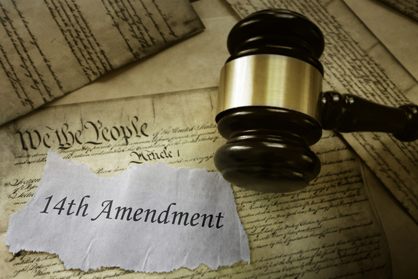
As Florida is set to have its primaries on August 14, according to the DOJ the purging of non-citizens is continuing beyond periods permitted for changing voter rolls. The removal of non-citizens from Florida’s voter lists has been challenged by several civil rights and voting rights organizations which empathize with the cause of the DOJ. The ruling of the federal judge is no final ruling in the matter but refusal to allow a temporary halt requested by the Obama administration.
Meanwhile, Florida state officials maintain that they are examining a list of nearly 180,000 possible non-citizens, and have forwarded the names of almost 2,700 registered voters to election officials for verification of their citizenships. Supporters of Florida governor Rick Scott say the measures are intended to maintain integrity of votes and voter rolls. However, opponents of the measure say that the state government is acting on faulty information and would end up disenfranchising legitimate voters. They say it is a Republican effort calculated to deprive the minorities and the poor from casting ballots.
Florida governor Rick Scott welcomed the decision of the court and said, “The court made a common-sense decision consistent with what I’ve been saying all along: that irreparable harm will result if non-citizens are allowed to vote.”
The Obama administration has been consistently accusing the state of Florida of using faulty data, while at the same time it has denied the state access to data that it claims to be more authentic. As a result, Florida has been compelled to file a lawsuit against the U.S. Department of Homeland Security, accusing it of denying the state any access to the national database that details citizenship information.
On their part, the Justice Department has argued that the database known as SAVE which they hold to be more accurate than the data used by the state of Florida cannot be provided because Florida state officials have failed to hand over key information required for cross-reference.






































